Paul Tillich was a 20th century theologian, teacher, and preacher. One of his sermons* had a life-changing effect on me back in my collegiate days, and I feel forever indebted to him for his enlightening (almost literally—as in, finally the light came on) message about the abounding and unconditional grace of God.
Recently, from our miscellaneous library at home, I pulled out his book of sermons entitled The New Being, copyright 1955. (You could buy a substantial paperback edition back then for $1.35). Every time I pick up this book from my lamp table, I find something timely, relevant, affirming, and insightful related to Bible passages.
In the chapter entitled “Who Are My Mother and Brothers…?” Tillich writes about an incident in the life of Jesus recounted in Mark 3: 31-35. Tillich wants to illustrate the benefits and limitations of our personal family situations, good or bad, as they serve to shape our relationship with the divine. Tillich describes the process of becoming independent of those early experiences. What stuck in my mind, however, was not so much the process he was explaining but a passing reference to “doing what the will of God is in a concrete situation, namely, to do acts in which love, power and justice are united.” [italics mine].
Love. Power. Justice. United.
I have a disposition towards trinitarian thinking. How often do ideas, points to ponder, bits of advice, and even theological concepts come in lists of three. Three ways to make your dog behave. Three tips to improve dry skin. Three foods you should/should never eat. Three Bears, Three Blind Mice, Three Magic wishes!
So I was immediately struck by this flash of truth: the systemic change urgently required in American culture must consist of three things happening at once: Justice. Power. Love.
Justice without Love is merciless.
Power without Justice is tyranny.
Love without Power is asleep.
In the noisy environment of freedom and democracy asserting themselves, all three of these relational imperatives must be embraced with equal strength and with a transcendent vision–a God’s-Eye-View if you will– of where we have come from as well as where we need to go.
* “You Are Accepted”: The Shaking of the Foundations (1948)
Because it is of the moment, and not likely to appear elsewhere that I know of, I lodge this recent poem here for you. Thanks for helping me bear witness to what we see, and what we cannot un-see, happening around us every day.
AFTER THE SHOOTING
After the shooting….An ice cream truck played music as it drove past
the growing crowd of observers. –Kansas City Star 6/14/2020
In the famous remark
which concludes the famous poem
referring to a famous painting
illustrating the famous plunge of
famous Icarus into the sea: they all
Had somewhere to get to
and sailed calmly on.
Here they crowd around to bear witness
point their cell phones
let the ice cream truck go by.
The list of the famous grows
day after day.
 No one may
No one may
sail calmly on
no one’s forsaken cry
go unheard.
Barbara Loots
*W. H. Auden “Musée des Beaux Arts”
Pieter Bruegel the Elder
The Fall of Icarus c.1560






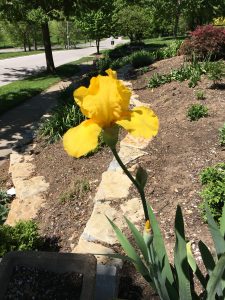
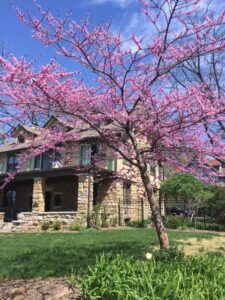 Do I anticipate Life Number Four? Yes, I do. As with Lives One through Three, there’s no possibility of predicting what the circumstances will be. Gratefully, I have both reasons and resources not to feel fearful. I hope that part of my confidence rests in the admonition of St. Teresa of Avila printed on a card I keep at hand all the time: “Let nothing disturb you…all things are passing away…God never changes…God alone suffices.” Meanwhile, as chaos rages in the whole world, I sit here with Bob the Cat in my lap, reaching out as best I can in hopes that my life, whatever its details, will always count for good.
Do I anticipate Life Number Four? Yes, I do. As with Lives One through Three, there’s no possibility of predicting what the circumstances will be. Gratefully, I have both reasons and resources not to feel fearful. I hope that part of my confidence rests in the admonition of St. Teresa of Avila printed on a card I keep at hand all the time: “Let nothing disturb you…all things are passing away…God never changes…God alone suffices.” Meanwhile, as chaos rages in the whole world, I sit here with Bob the Cat in my lap, reaching out as best I can in hopes that my life, whatever its details, will always count for good.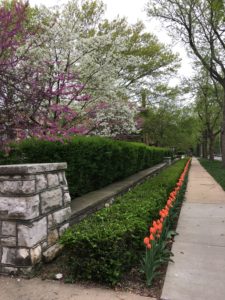 I know. I’m back too soon. But I have this speech running around in my brain, and I don’t know what else to do with it. I’m thinking about the headline this week announcing that Republican senators in my neighboring state of Kansas had voted to revoke the governor’s order to extend the 10-person limit on public gatherings to churches and other places of worship. Government interference, they charged, in the practice of religious freedom. Unconstitutional!!
I know. I’m back too soon. But I have this speech running around in my brain, and I don’t know what else to do with it. I’m thinking about the headline this week announcing that Republican senators in my neighboring state of Kansas had voted to revoke the governor’s order to extend the 10-person limit on public gatherings to churches and other places of worship. Government interference, they charged, in the practice of religious freedom. Unconstitutional!!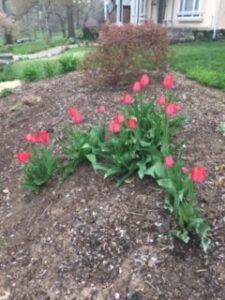
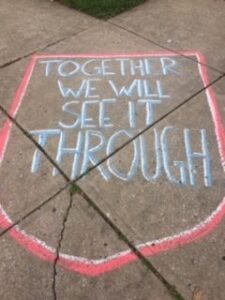
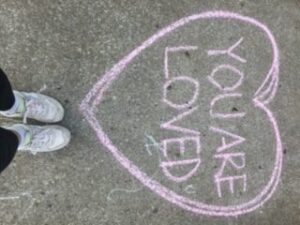
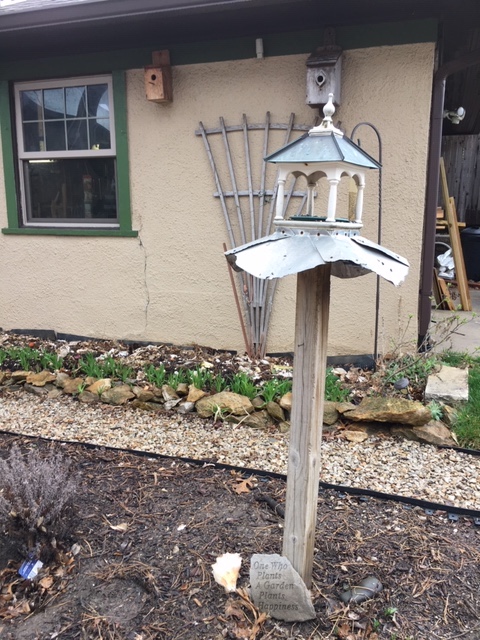
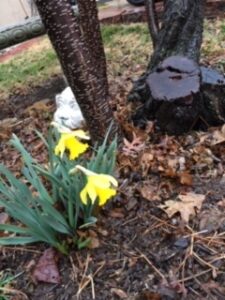 Where have I been?
Where have I been?